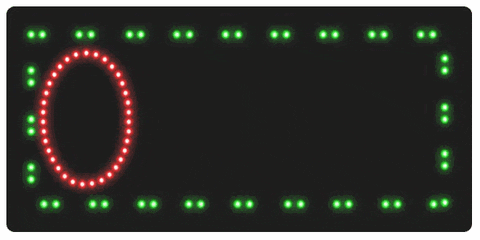Meatspace jurisdiction
July 30, 2020(An expanded version of this post appears this week in the Texas Lawbook.)
Cyberpunk stories often describe the physical world as meatspace, as distinct from the online world of cyberspace. Litigation forces courts to consider the connection between the two “spaces” when a party contests the exercise of personal jurisdiction based on online activity. While precise definition of a website’s functionality can involve technical terms, the jurisdiction analysis involves familiar concepts, as illustrated by Shopstyle, Inc. & Popsugar, Inc. v. Rewardstyle, Inc.:
Purposeful availment. “[W]hen using the Shop feature, the user cannot purchase products on the PopSugar website but instead follows links to the websites of affiliated third-party retailers. In other words, the ‘user cannot consummate a commercial transaction online without accessing and logging-into a third-party website.'”
Operative facts. “Whether PopSugar’s website is available in Texas or whether links to Texas-based retailers are available on PopSugar’s website is unrelated to the operative facts as alleged by rewardStyle. The record contains no allegations or evidence of which we are aware that the alleged operative conduct occurred in Texas or that it has anything to do with Texas, apart from the fact that rewardStyle and one of its influencers are located here.”
 Third-party activity. “[E]even if another party creating ShopStyle links and adding them to allegedly misappropriated images was considered an affirmative act by ShopStyle (and we are not so concluding), permitting hyperlinks to the websites of third-party Texas-based retailers where products can be purchased “would not demonstrate, by itself, that [ShopStyle] controls the third-party sufficiently for sales from the third-party’s website to constitute ‘contacts’ by [ShopStyle].”
Third-party activity. “[E]even if another party creating ShopStyle links and adding them to allegedly misappropriated images was considered an affirmative act by ShopStyle (and we are not so concluding), permitting hyperlinks to the websites of third-party Texas-based retailers where products can be purchased “would not demonstrate, by itself, that [ShopStyle] controls the third-party sufficiently for sales from the third-party’s website to constitute ‘contacts’ by [ShopStyle].”
No. 05-19-00736-CV (July 21, 2020) (mem. op.). Of procedural interest, this case arose from a presuit discovery request under Tex. R. Civ. P. 202.